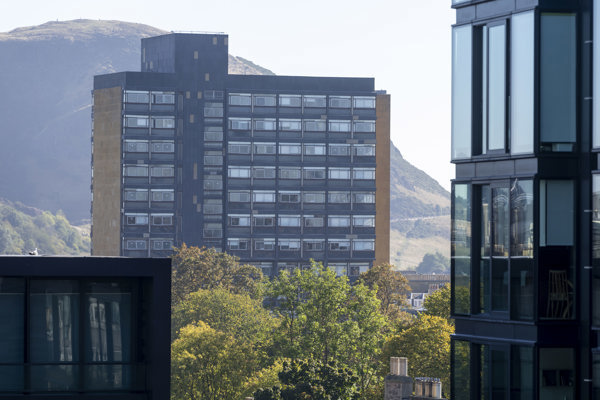In these circumstances, the question was whether the education authority, while not the employer of these people and so not vicariously liable for their acts, could be held to be liable for the injury suffered by Miss Woodland. The Supreme Court took the view that a non-delegable duty would apply in this case. The effect of the non-delegable duty being applied on a local authority is that even although they were not negligent and their employees were not negligent, that is irrelevant. Even although the local authority did not do anything wrong, the non-delegable duty of care imposes liability on them. In effect, the Supreme Court has imposed strict liability on the education authority in this circumstance.
Where does this decision leave local authorities?
This is a decision that could have wide-reaching consequences. The court took the view that swimming lessons were an integral part of the school's teaching function as part of the national curriculum and they took place during the school hours at a swimming pool chosen by the school. The teaching and supervising of the children is delegated to an independent contractor who was providing the swimming lessons and the life guard. The negligence that occurred was in the course of the very function that had been delegated by the education authority to the swimming teacher and life guard. On that basis, the non-delegable duty applied in this case and the pursuer would be able to recover damages from the education authority.
This case may well apply outside the realms of an education authority. A significant motivation for the Supreme Court making the finding that it did, seemed to be likening the relationship between an education authority and a school pupil to the relationship between an employer and employee. The court took the view that there is a long-standing policy of the law which is most clearly seen in employment situations, to protect people who are inherently vulnerable and highly dependent on the observance of good standards of care by those who have a significant degree of control over their lives. The court suggested that other situations where a non-delegable duty might arise could be in cases involving prisoners and care home residents.
The Supreme Court was also very keen to point out that the non-delegable duty is very much the exception rather than the rule and should not apply to situations where no control of the pursuer has been delegated by the defender. That said, this case clearly opens up a new grey area in identifying where education authorities or local authorities could be responsible for people such as children or care home residents. Indeed, the Supreme Court recognised that there may be situations that are not clear-cut and they may need to be worked out on a case by case basis.
What steps can be taken to protect a local authority's position?
The effect of this decision is that education authorities and local authorities are open to a wide range of claims than they would have been previously. Local authorities will have to be conscious that even where they are not negligent or their employees are not negligent, they may still end up being liable and may no longer be able to point the finger at their contractor.
It is advisable to think carefully about the contractual relationships local authorities have with their contractors and it is likely to be prudent to ensure that there are indemnities built into these contracts so that if the local authority ends up paying out under a non-delegable duty, it can recover from the contractor where it is the contractor's negligence that has resulted in the local authority being liable. It would also be prudent for local authorities to insist that all contractors have public liability insurance in place to make sure that in the event of an accident, there will be funds available to satisfy an award of damages or payment under an indemnity.


